Evolution is a pretty heavy subject these days, wildly debated between different political, religious and scientific communities. It's a debate that is as old as the concept itself, raging since Charles Darwin first studied finches on the Galapagos, and we are not likely to see the end of the debate within our lifetime. Today I'm not here to argue the subject or tell anyone what is right or wrong or what to believe; we all have our convictions and are likely to stick to them regardless of what I have to say. But I am here to offer just a little information; I think that, regardless of your beliefs on the subject, everyone should have at least a basic understanding of the different sides of the debate (the reason why I balanced out my scientific education with some religious studies courses). There are still a lot of misunderstandings about evolution and what exactly it is, and it is these basic misunderstandings that make it hard for many to accept the concept. Even if you read this post and still find the idea of evolution absurdly incorrect, hopefully you will at least have a greater understanding of the science to consider. Disagreeing with something is perfectly fine as long as you understand what it is you are disagreeing with.
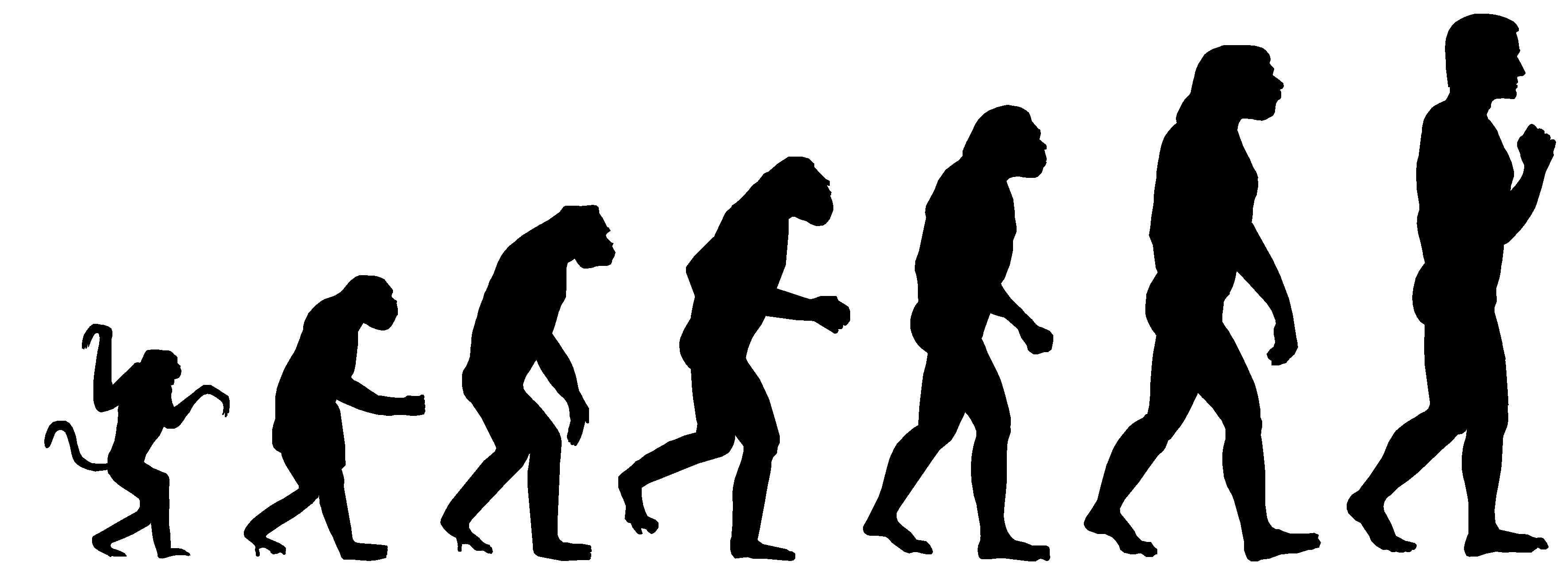
Evolution is a theory, but not a theory:
When arguing about evolution many people on both sides tend to point out "evolution is just a theory". While we do call it the "theory of evolution", most people are not aware that the everyday usage of "theory" and the scientific definition of a theory are radically different. For example, if you were talking about why something happened and said "I have a theory about why that happened", you are probably drawing conclusions based on partial, or even inconclusive, evidence. The scientific definition of a theory is almost the complete opposite; "a comprehensive explanation of some aspect of nature that is supported by a vast body of evidence" (Source). Take a look at other existing scientific theories; the heliocentric theory states that the Earth orbits around the sun. The cell theory explains that the body is made up of cells, and the theory of plate tectonics shows that the Earth's surface is divided into constantly shifting plates. These theories are so well-established and proven that no new evidence could change them substantially; you won't be able to prove the Earth doesn't revolve around the sun or that the human body isn't made up of cells. The theory of evolution is supported so heavily by observations, confirming genetic studies and telling fossil evidence that scientists are confident that the basic concept of the theory will not be overturned by new discoveries or evidence. Source
However, like all scientific theories, the theory of evolution is subject to continuing refinement as new areas of science emerge or as new technologies enable observations and experiments that were not possible previously. Source
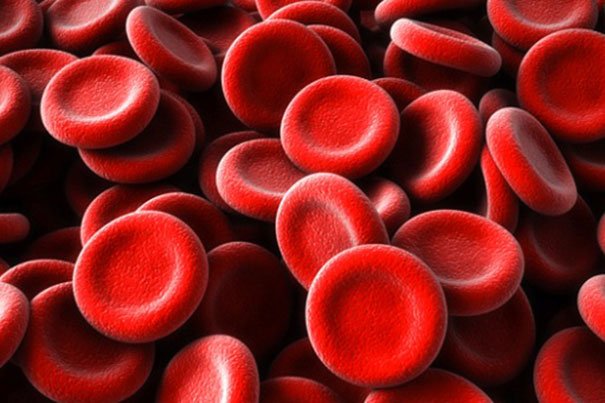
Theories can be used to make prediction about natural events or properties that we have not observed yet. Gravitational theory, for example, allowed scientists to predict how objects would behave in space, on the moon and on other planets long before astronauts and their spacecrafts were able to prove them. By confirming predictions, we increase our confidence in the overall theory. An example for evolution would be the discovery of Tiktaalik, the fossil intermediate between fish and the limbed terrestrial creatures; evolutionary biologists predicted the existence of such an organism occurring in sediments that were around 375 million years old. Their discovery of Tiktaalik confirmed their prediction and strengthened the theory. Source
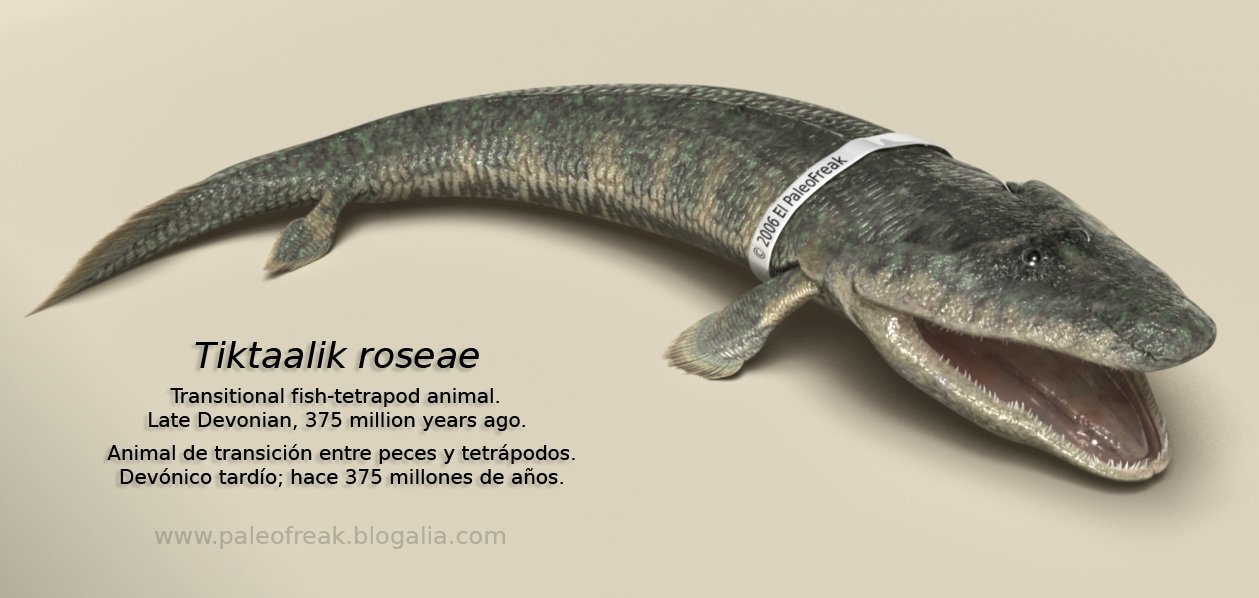
So is the theory of evolution considered to be a fact then? When a scientific explanation has been repeatedly tested and confirmed so many times that there is no longer a compelling reason to keep testing it or looking for additional examples, scientists consider that explanation to be a "fact" (Source). By that reasoning, we have enough evidence to confirm past and ongoing evolution as scientific fact; said evidence is so conclusive that scientists no longer question whether or not it has occurred. We now investigate new, related questions, such as the mechanisms of evolution or how rapidly evolution can take place, however the concept remains as fact. Source
Evolution is observable:
There are actually two types of evolution that exist with supporting evidence for each (and of course they support each other). The first is macroevolution, and this is major evolutionary change over a massive time scale; this is the evolution of entire taxonomic groups. The concept that all mammals, including ourselves, evolved from a mammal-like reptile would be an example of macroevolution, a nearly inconceivably massive change that took hundreds of millions of years. Macroevolution cannot be observed first hand due to longevity, but can be confirmed through genetic evidence and fossil records.
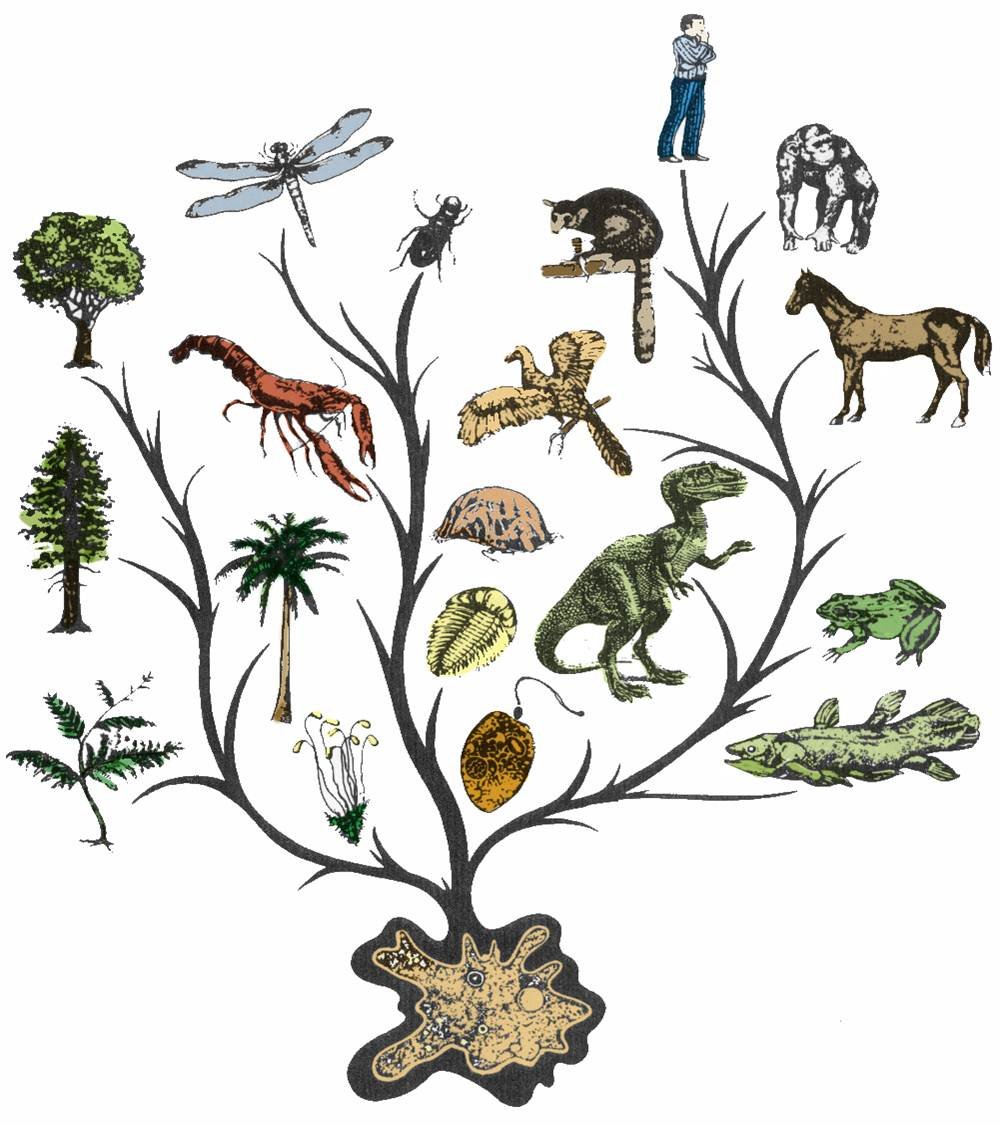
The other type of evolution is called microevolution. Microevolution is evolutionary change that is seen in a single species or population over a much smaller time period, perhaps only a few years, months or even days depending on the species, as a result of genetic mutions. Because it occurs on such a short time table, microevolution is observable; scientists have even observed changes in bacteria colonies in under an hour! Rather than the drastic changes of macroevolution, these changes are often more subtle, sometimes a simple as offspring being just a little lighter in color than their parents; these are generational shifts. When you have microevolution occurring over and over for millions of years, these tiny shifts add up to large-scale macroevolution and the species drastically changes over time thanks to these tiny, almost imperceptible changes. Mutation drives microevolution which drives macroevolution!

Evolution does not strive for the most "advanced form".
It is a popular misconception that organisms evolve to become more "advanced", that the goal of evolution is to become as strong, as fast, as large or as smart as possible. We confuse evolution with forward progress. Perhaps that belief is due to our own vanity; we want to believe we are the pinnacle of evolution, the best of the best. We see complex organisms, such as ourselves, as being better, and simpler, seemingly less-evolved organisms as less successful. But on Earth, all species are successful; if you aren't successful, you're extinct. All species alive today exist because they are successful in their ability to survive, not because of their complexity or simplicity. In fact, much of the world is dominated by simple organisms, not because they have evolved to be the best or more advanced, but because they have evolved to best fill their niche. Species evolve simply to be able to survive in their ecosystem long enough to reproduce; for some that means becoming more complex in structure, while for others simplicity is key. Look at jellyfish for example; completely brainless, no eyes, ears, or specialized respiratory or circulatory system. Their nervous system is just a loose network of nerves. They even eat and poop through the same orifice. But jellyfish haven't significantly changed in over 500 million years. There are around 2,000 species of jellyfish that inhabit all of the world oceans, yet they all maintain roughly the same body structure and features. Though incredibly simple, they have evolved to be incredibly successful organisms and are flourishing as a result. Because of that success, their evolution is not driven to make them more complex; their simple form has kept them alive since the prehistoric seas. No need to fix what ain't broke, right?
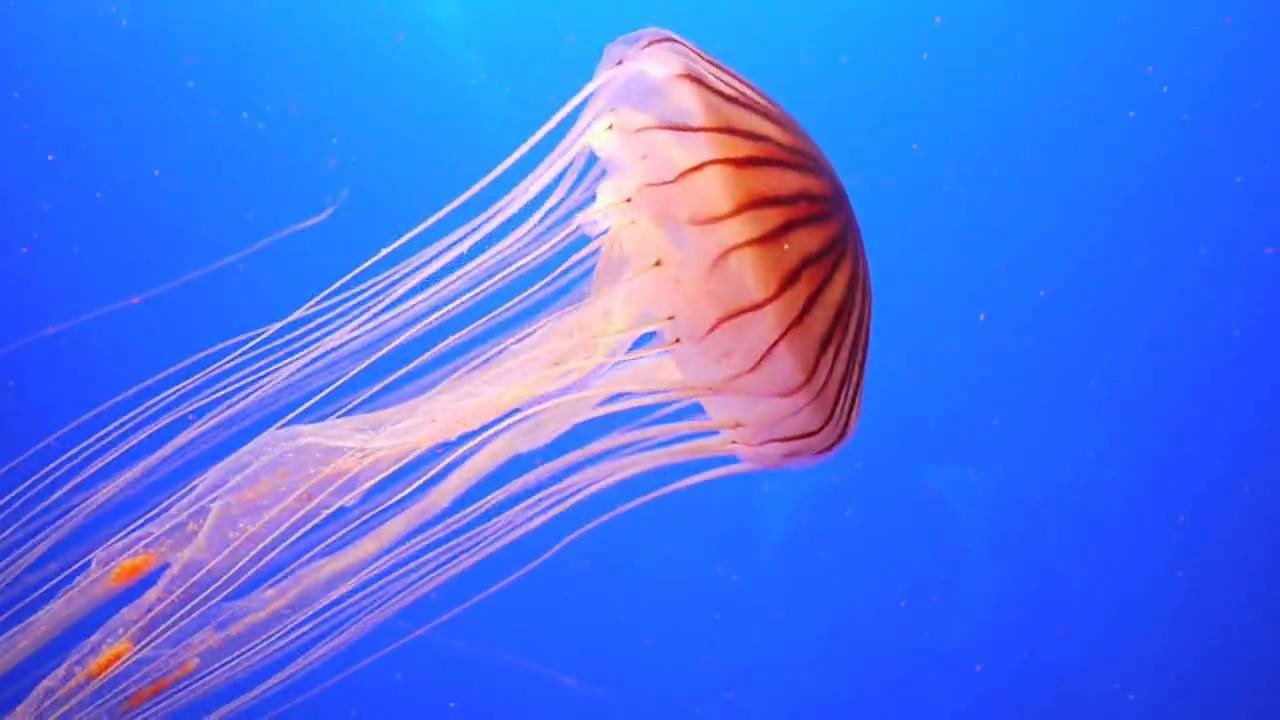
Humans are still evolving.
Many people seem to believe that we are "done evolving". Evolution is, and will always be, an ongoing process. Returning the example of jellyfish, though these animals haven't changed much in millions of years, that doesn't mean they've stopped evolving (or even come close). New species of jellyfish still arise and change as they face different natural and artificial pressures that threaten their survival, however their physical form hasn't changed much due to their ability to survive most pressures in their current state. Were they to face more drastic pressures, their evolution to overcome those challenges might result in greater change. The same goes for us; thanks to technology and our intellectual and societal advancement, we are able to comfortably survive the pressures we would normally face in our current form so our evolution doesn't necessitate much physical change. 20,000 years ago, our evolutionary change was far more rapid as we faced more challenges to survival and reproduction that we simply don't have to worry about today. But evolution also goes beyond obvious physical changes; changes in genes for example may not reflect a difference in appearance, but can improve our ability to fight diseases or maintain our health. Though we might not look like we are changing, we are still in a constant state of evolution. Source
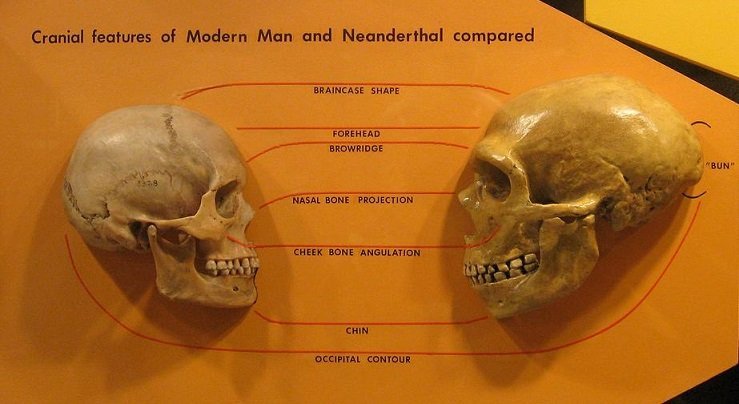
Evolution is NOT a theory about the origin of life.
Though the subjects often go hand in hand, the origin of life on Earth is not a central focus to the evolutionary theory. Evolutionary sciences study exactly how life changed AFTER its origins; regardless of the many hypotheses of how life began, we know that it soon branched and diversified, and evolution theory is focused on those processes. Evolutionary data can provide insight into the origin of life on Earth (whether or not it happened near a deep-sea vent, which organic molecules came first, etc.[source]), but that is not the primary focus of the study.

I haven't even begun to scratch the surface on the complex concept of evolution, there are so many sources out there that explain it far better than I ever could. But I wanted to at least try to clear up some of the biggest misconceptions about the concept; hopefully you learned something here today. Evolution is an incredibly beautiful process that drives the success of every species alive on the planet today, ourselves included. Even if you don't believe in the theory, I encourage you to learn as much as you can to at least understand the science behind it. Evolution isn't about conflict or trying to explain away God or religion, it is simply another means to begin understanding the vastly complicated and beautiful world we live in.
Image Links: 1, 2, 3, 4, 5, 6, 7, 8, 9


